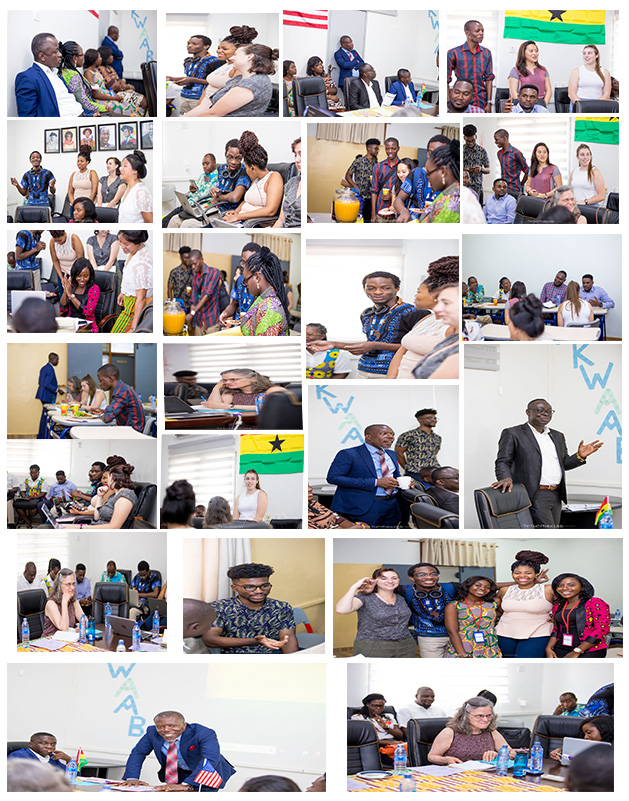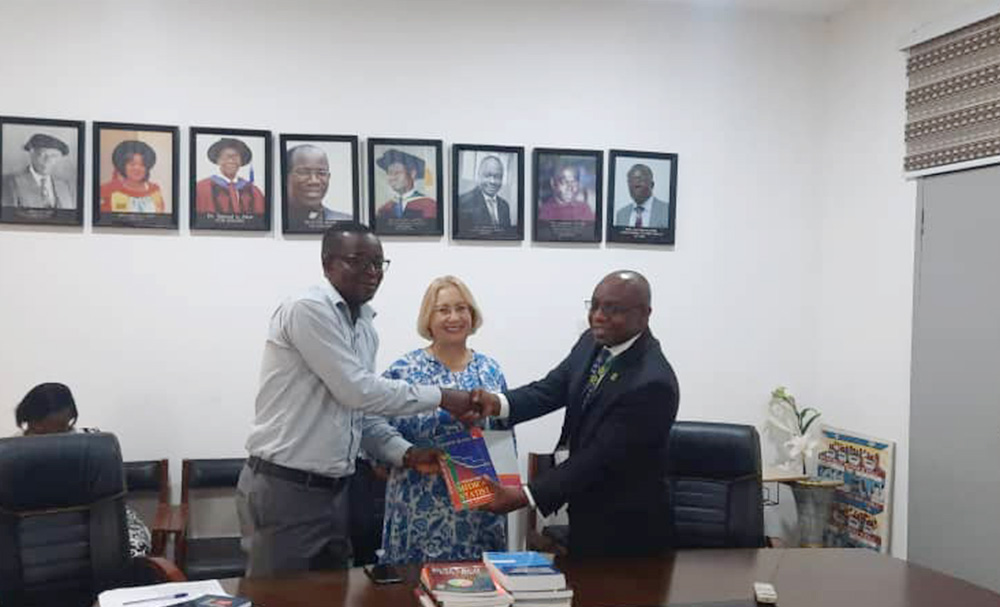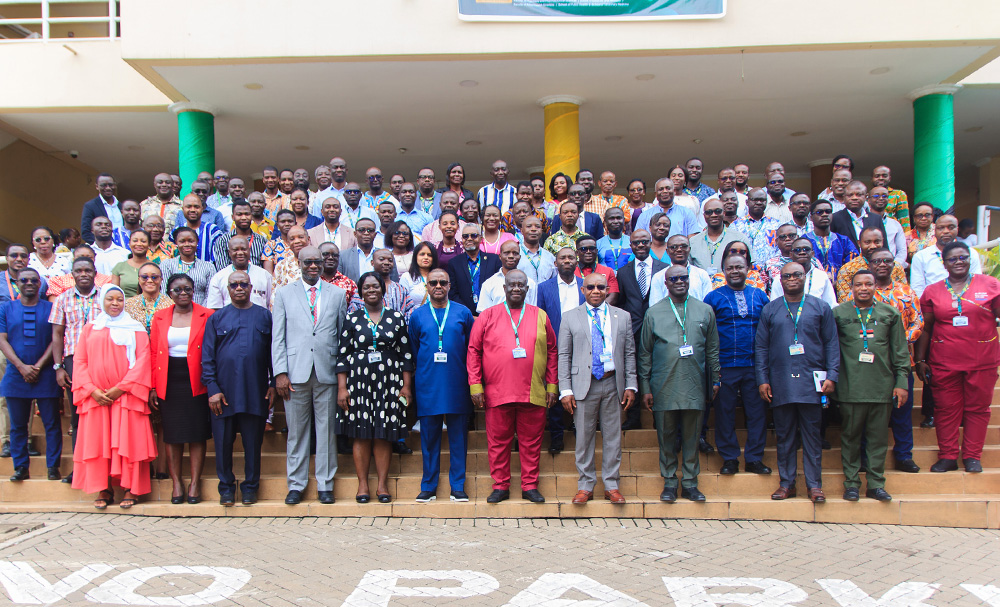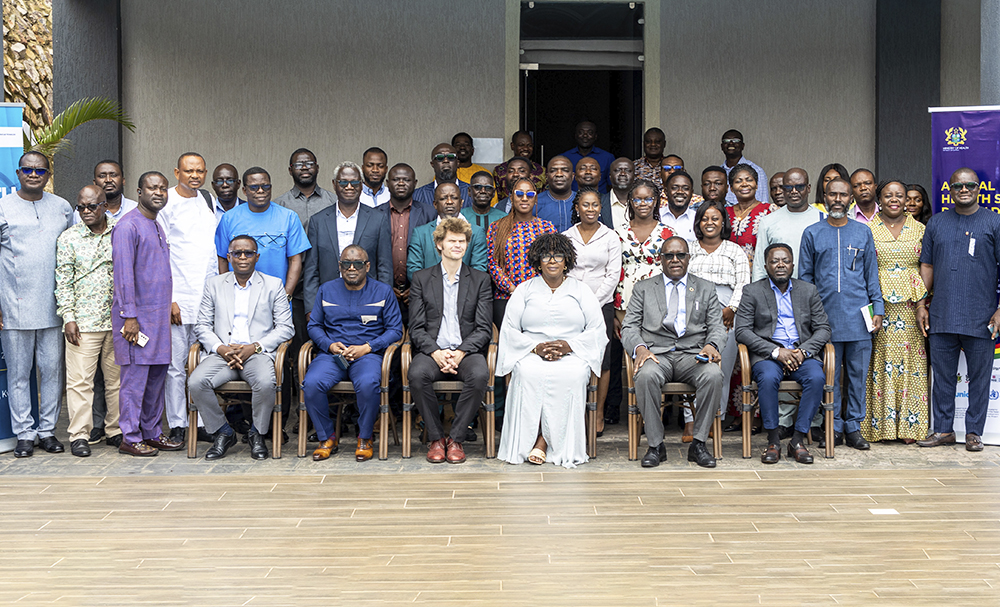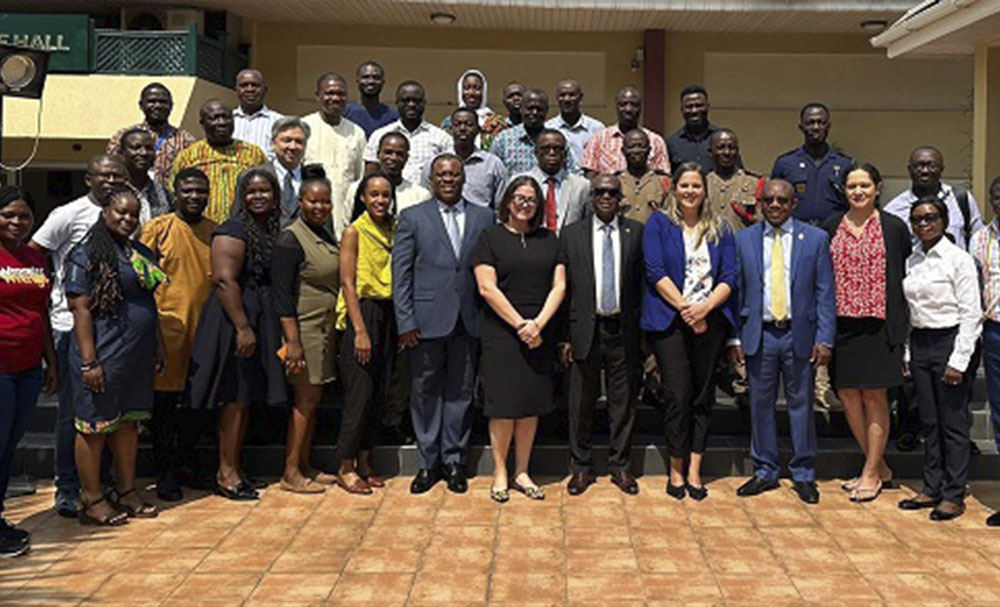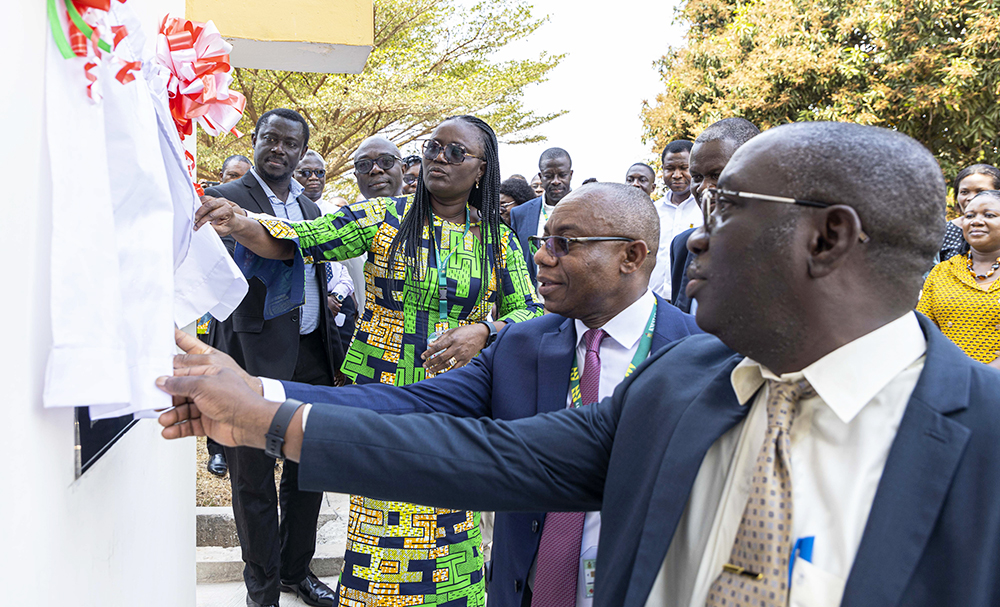APOC stands for Appropriate Point of Care diagnostics. It is an idea that was developed between the Kwame Nkrumah University of Science and Technology (KNUST) in Ghana and the University of Pennsylvania (UPENN) in the United States of America. The intention was to foster a North-South relationship and facilitate knowledge transfer between students attending these universities on diagnostic challenges associated with certain diseases pertaining to our part of the world. Therefore, as part of a Global and Local Service Learning Programs, students and faculty from the School of Engineering and Applied Science, University of Pennsylvania visit the Kwame Nkrumah University of Science and Technology - School of Public Health during their summer break to learn more of a particular disease of interest in our local settings. A couple of local students from the department of civil engineering are also selected to join this wonderful endeavour.
Having been in existence for the past six years, various diseases such as diabetes and childhood tuberculosis have been the focus of interest in the past years. In 2019, four thematic areas form the focus of interest. These are; Tuberculosis, Non-Communicable Diseases, Mother-to-Child Transmission of HIV/AIDS and Harvesting and Storage of Water in rural community to address water and sanitation (WASH) issues in relation to health.
The objective is to explore engineering facilities, concepts and designs that could help improve the diagnostics, treatment and management of studied conditions in both rural and urban settings. As such different health facilities including traditional healers that cut across the different levels of the health system are visited. Close attention is paid on these visits and “side” projects are sometimes carried out. A typical example is the use of SMS to triage Tuberculosis and Non-Communicable Diseases to monitor disease severity for referral systems within various health facilities.
As we know “all work and no play makes Jack a dull boy”, as a result, arrangements are made for the team to visit a few tourist sites such as Elmina Castle, Kakum forest Reserve and others areas of interest in Ghana. Also, the team will seek audience with His Royal Majesty; Otumfuo Osei Tutu will be something to leave lasting memories in the minds of the team members.
All in all, APOC affords both foreign and local students a wonderful learning experience both in and out of the classroom and creates opportunities for knowledge sharing on issues and problems identified.
